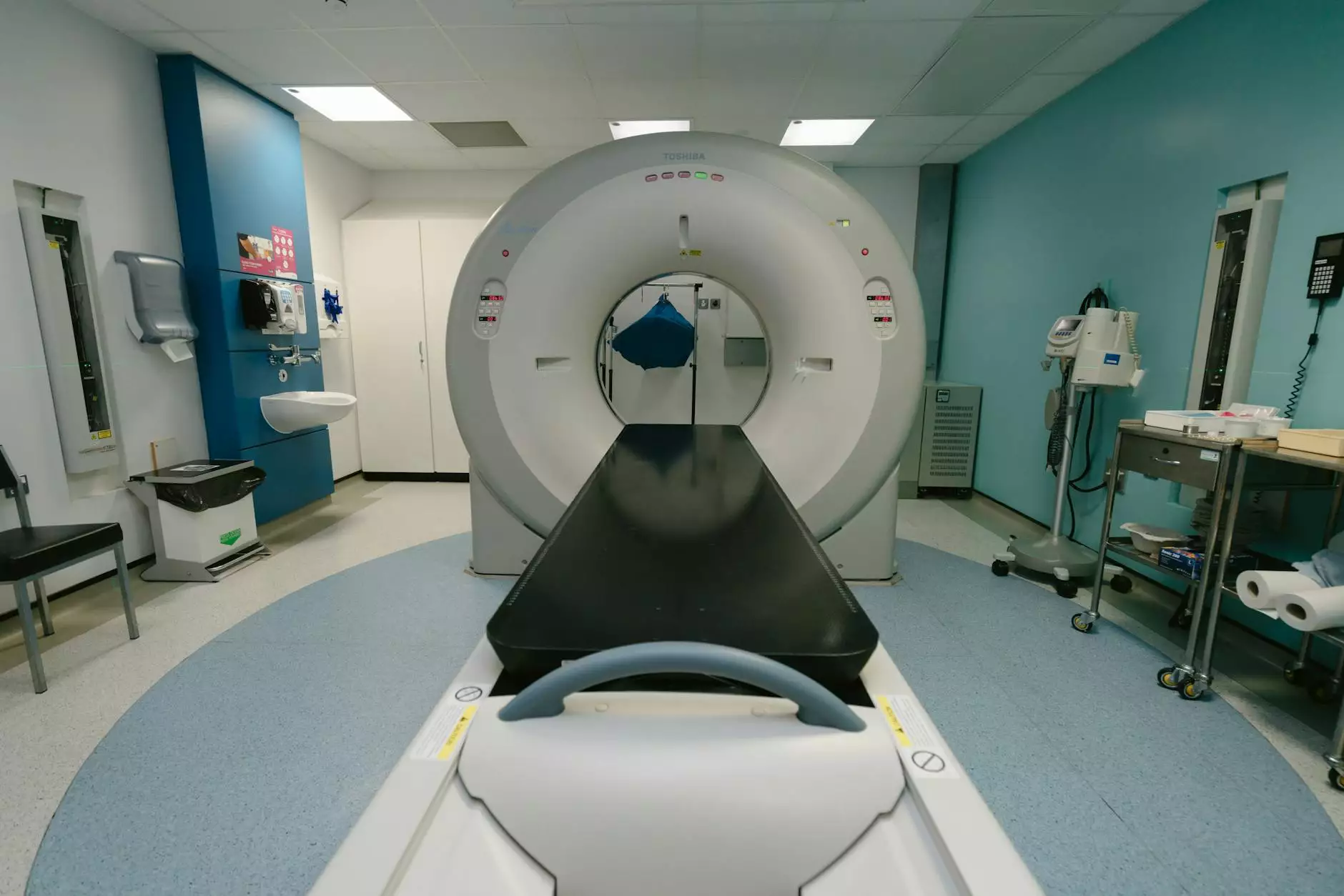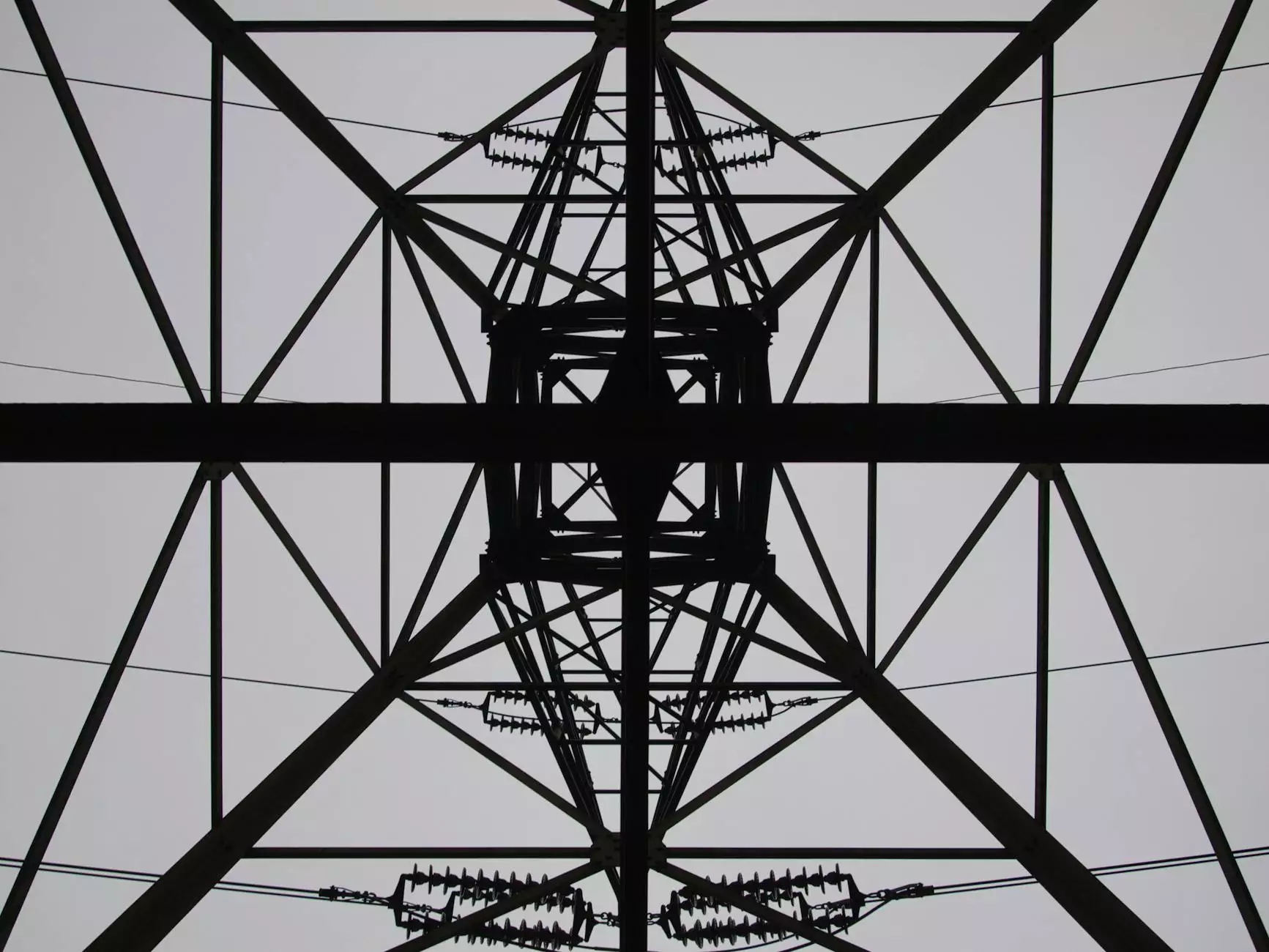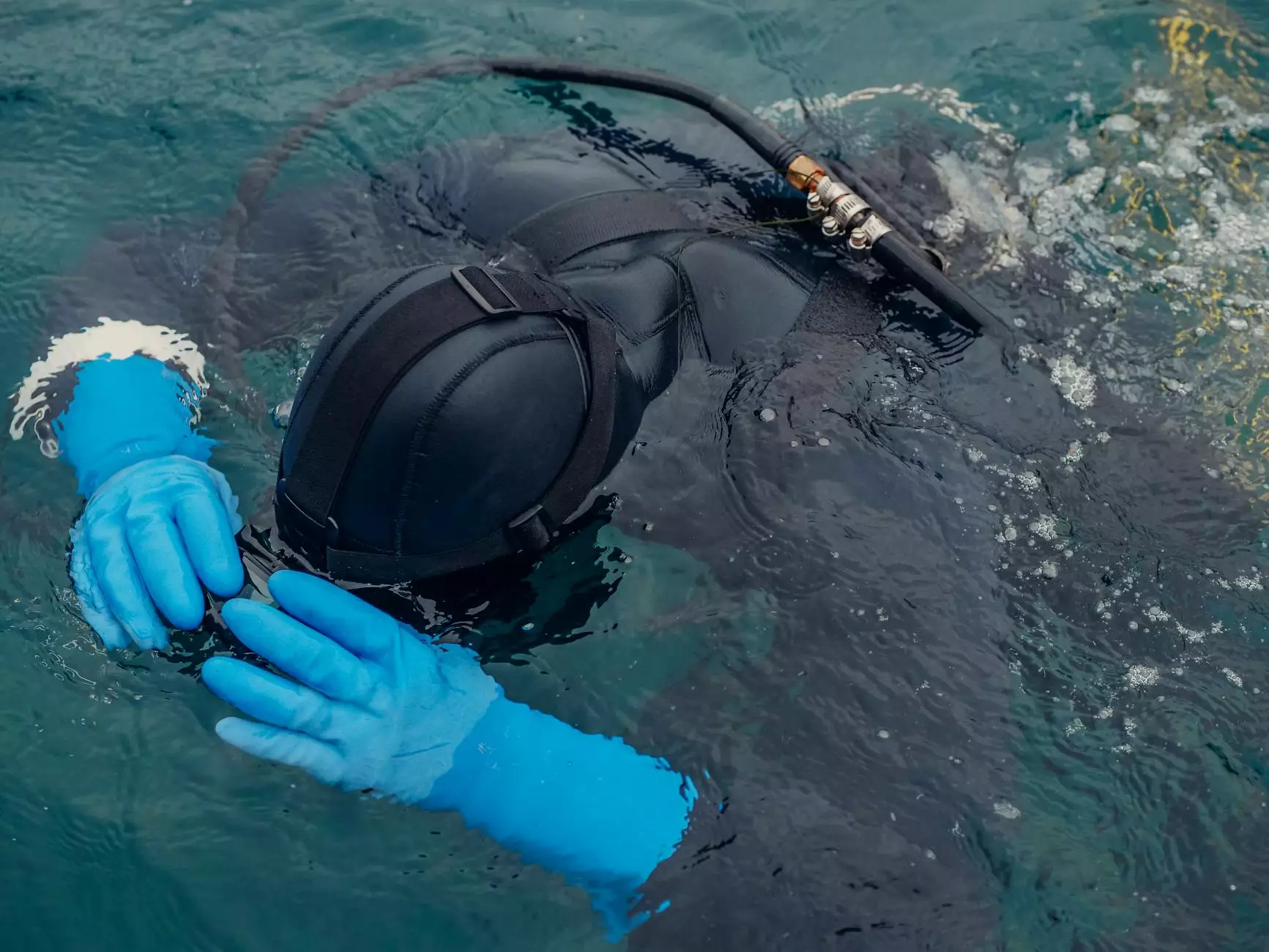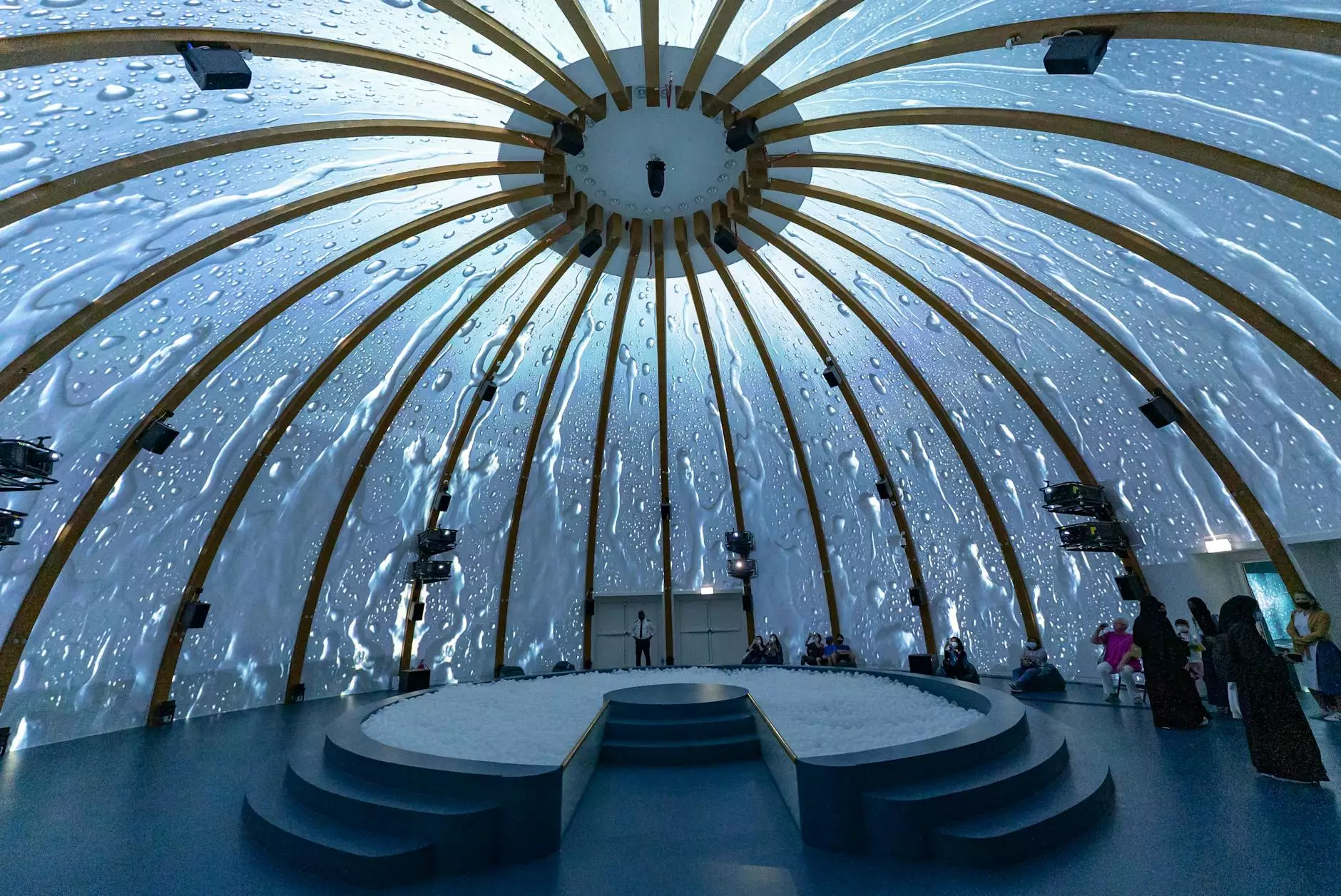Understanding MRI Technical Services: Revolutionizing Diagnostic Imaging

MRI technical services are at the forefront of modern medical diagnostics, playing a critical role in enhancing patient care within the healthcare system. As technology continues to advance, the importance of these services cannot be overstated. In this comprehensive article, we will delve into the various aspects of MRI technical services, their significance in the medical field, and how they contribute to accurate diagnosis and improved health outcomes.
What Are MRI Technical Services?
MRI technical services encompass a wide range of activities related to the operation, maintenance, and optimization of Magnetic Resonance Imaging (MRI) machines. These services include:
- Maintenance and Repair: Regular maintenance of MRI machines ensures optimal performance and longevity.
- Quality Assurance: Rigorous testing protocols to ensure images meet the highest standards.
- Technical Support: Assistance in troubleshooting technical issues that may arise during imaging procedures.
- Training: Providing education and training for radiology staff to enhance operational efficiency and safety.
- Software and Hardware Upgrades: Implementing the latest advancements in MRI technology to improve imaging capabilities.
The Importance of MRI Technical Services in Healthcare
The role of MRI technical services is indispensable in today’s healthcare environment. These services contribute to enhanced diagnostic capabilities, which in turn have a direct impact on patient outcomes. Here are several reasons why MRI technical services are critical:
1. Enhanced Diagnostic Accuracy
The precision and clarity of MRI scans can be significantly affected by the condition of the imaging equipment. Regular technical services improve the reliability and accuracy of diagnoses, allowing healthcare providers to make informed clinical decisions. This is particularly important in identifying conditions such as:
- Cancers
- Neurological disorders
- Musculoskeletal injuries
2. Patient Safety
Ensuring that MRI machines are functioning correctly is crucial for the safety of patients. Faulty equipment can lead to incorrect imaging or, worse, patient harm. MRI technical services include checks to prevent risks such as:
- Exposure to hazardous conditions
- Malfunctions during imaging
3. Increased Equipment Lifespan
Regular maintenance and timely repairs by qualified technicians help extend the lifespan of MRI machines. This not only saves healthcare facilities money on frequent replacements but also enhances the overall patient experience by ensuring reliable access to imaging services.
4. Operational Efficiency
Technical services optimize the operational workflow of radiology departments. By reducing downtime through efficient maintenance and rapid response to technical issues, facilities can increase their throughput and provide timely diagnostic services.
Key Components of MRI Technical Services
To fully appreciate the scope of MRI technical services, it is essential to understand their key components:
1. Routine Maintenance
Routine maintenance involves scheduled inspections and servicing of MRI units. This may include:
- Calibration of imaging systems
- Cleaning of coils and detectors
- Software updates for the MRI system
2. Quality Control Procedures
Quality control is a critical element of MRI technical services. This ensures:
- Consistent image quality across different scans
- Adherence to industry standards and protocols
3. Technical Support and Troubleshooting
Immediate technical support for any arising issues helps prevent workflow disruptions. Technicians are trained to diagnose problems quickly and efficiently, minimizing downtime and maintaining service continuity.
Trends and Innovations in MRI Technical Services
As the field of radiology evolves, so too do MRI technical services. Recent advancements and trends include:
1. Automation and AI Integration
Emerging technologies like artificial intelligence are beginning to play a role in MRI services. AI can assist in:
- Image enhancement
- Automated quality assessment
2. Remote Monitoring and Support
With the advent of telehealth and remote monitoring, MRI machines can now be continuously monitored for performance while providing immediate support from technicians. This innovation:
- Reduces response time for troubleshooting
- Enables proactive maintenance before issues escalate
3. Advanced Imaging Techniques
The introduction of advanced imaging techniques, such as fMRI (functional MRI), is reshaping the landscape of diagnostic imaging. Technicians specializing in MRI technical services must stay updated on these advancements to ensure they can support and maintain these sophisticated systems.
The Future of MRI Technical Services
As healthcare continues to advance, the demand for high-quality imaging services will only grow. The evolving landscape of MRI technical services will likely focus on:
- Enhanced Integration with Other Technologies: Ensuring compatibility with emerging technologies in health informatics and patient management systems.
- Sustainability Initiatives: Implementing green technologies in MRI operations to reduce environmental impact.
- Expanding Roles of Technicians: More comprehensive training for technicians to broaden their skill sets beyond operational roles.
Conclusion
In conclusion, MRI technical services are essential to enhancing the quality and efficiency of diagnostic imaging within the healthcare sector. As technology advances, the importance of skilled technicians, ongoing maintenance, and modern innovations remains paramount. By understanding and investing in these services, healthcare facilities can ensure the best possible outcomes for patients, reinforce their commitment to safety, and contribute to the continuous improvement of medical diagnostics.
For more information on MRI technical services and how they can benefit your healthcare facility, visit echomagnetservices.com and stay informed about the latest trends and technologies in the field.









